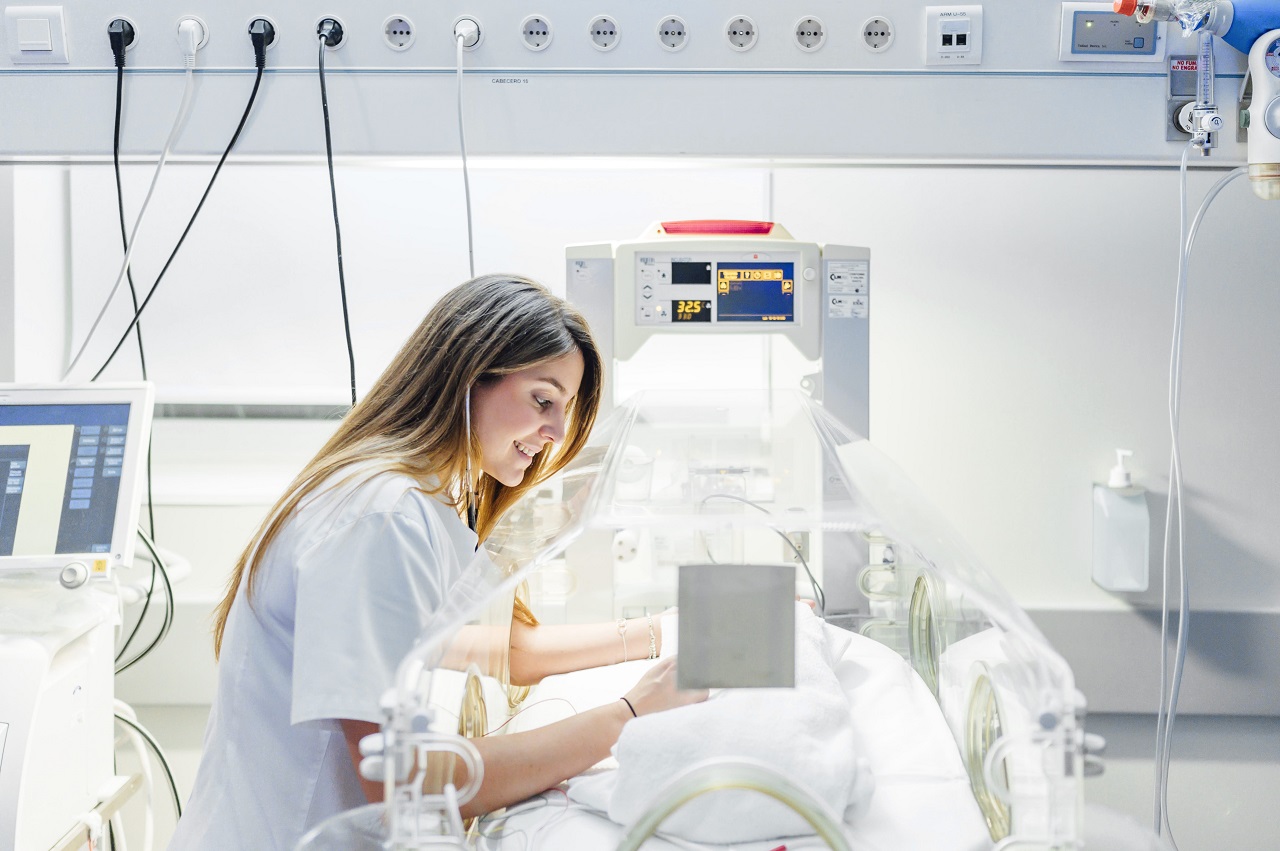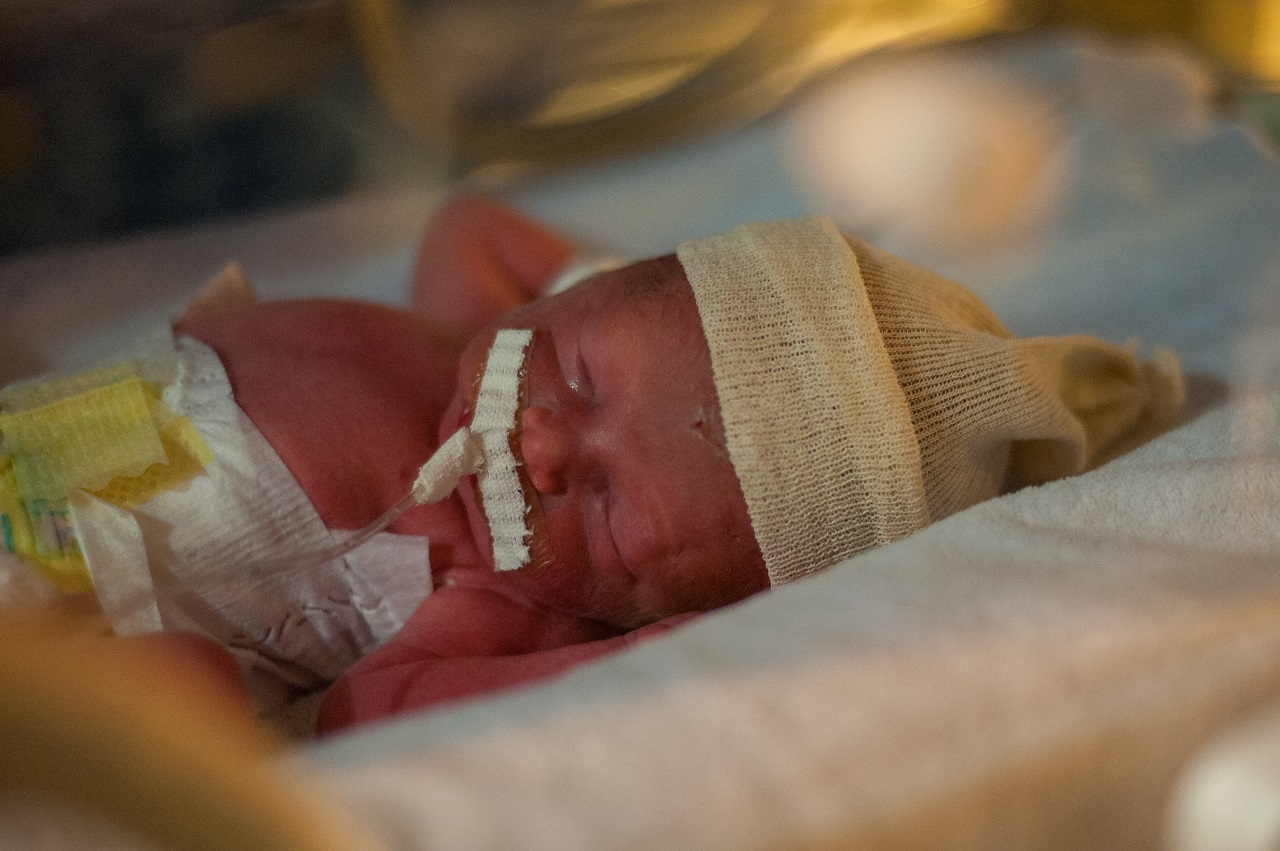We can say that the birth process is a rush that starts from pregnancy. Mothers try to maximize the baby's health and make many changes in their own lives, but this may not always be enough.
Many external factors, including some genetic disorders, which may or may not be in the mother's hands, can negatively affect the development of the baby in the womb. As a result, premature birth can occur. You can click here to read our article where you can find out what you wonder about premature birth.
Should we be afraid if the baby is placed in an incubator after birth?

First of all, we would like to say that putting the baby in the incubator may not always be related to preterm birth. The baby needs to develop for 40 weeks in the womb in order to complete the development of the body before coming into the world, but in some cases, the baby is subjected to life support application because the baby cannot make the right development despite being 40 weeks old.
The average weight of a newborn should be between 2500 and 4000 grams. If your baby weighs less than 2500 grams, he/she will be incubated and cared for because he/she needs special care. If there are no other problems as a result of the controls, he/she can be discharged in a short time. In some cases, there may be different problems. This process progresses under the control of specialized health teams.
Which babies go to the neonatal care unit?

All the baby's needs are met by the mother until the birth begins. After birth, the baby's organs start to function on their own, just like in an adult human being. From the digestive and excretory system to breathing through the use of the lungs, the body undergoes a change. This adaptation process can sometimes be challenging. Health care providers step in to solve all the problems the baby experiences during the adaptation process.
For example, when a diabetic mother gives birth to a baby, it is very likely that the baby will be kept in the intensive care unit. In addition, babies who need special medical care such as babies whose weight is lower or higher than usual, babies who have suffered organ or brain damage as a result of a difficult birth, babies whose lungs cannot develop sufficiently, babies with jaundice are subjected to special care in intensive care units with the help of advanced technological devices.
The treatment and care provided in intensive care units are of great importance for health. In addition to increasing the baby's life chances, it is also among the responsibilities of neonatal intensive care units to eliminate problems that will leave permanent damage.
Is there a neonatal intensive care unit in the hospital where I gave birth?

You can find out from your doctor whether the hospital where you gave birth has a neonatal intensive care unit, but don't worry about this. Thanks to air and land ambulance systems, it is very easy to access high-tech neonatal intensive care units throughout Turkey.
Which babies are cared for in neonatal intensive care units?
Neonatal intensive care units provide treatment for many diseases such as blood exchange, respiratory support and treatment of jaundice. These care units, where sterilization is at a high level, are kept under observation with the least possible contact.
Respiratory failure is frequently seen in babies with underdeveloped lungs. In some cases, breathing difficulties can be caused by postnatal infections. Regardless of the cause, respiratory problems can lead to major problems. Many babies have died due to respiratory problems for various reasons. It has been observed that babies who had a chance to continue their lives suffered many organ damage due to lack of oxygen. Advanced technology and trained medical staff will assist you in all necessary matters to protect you from permanent mental and physical damage.









